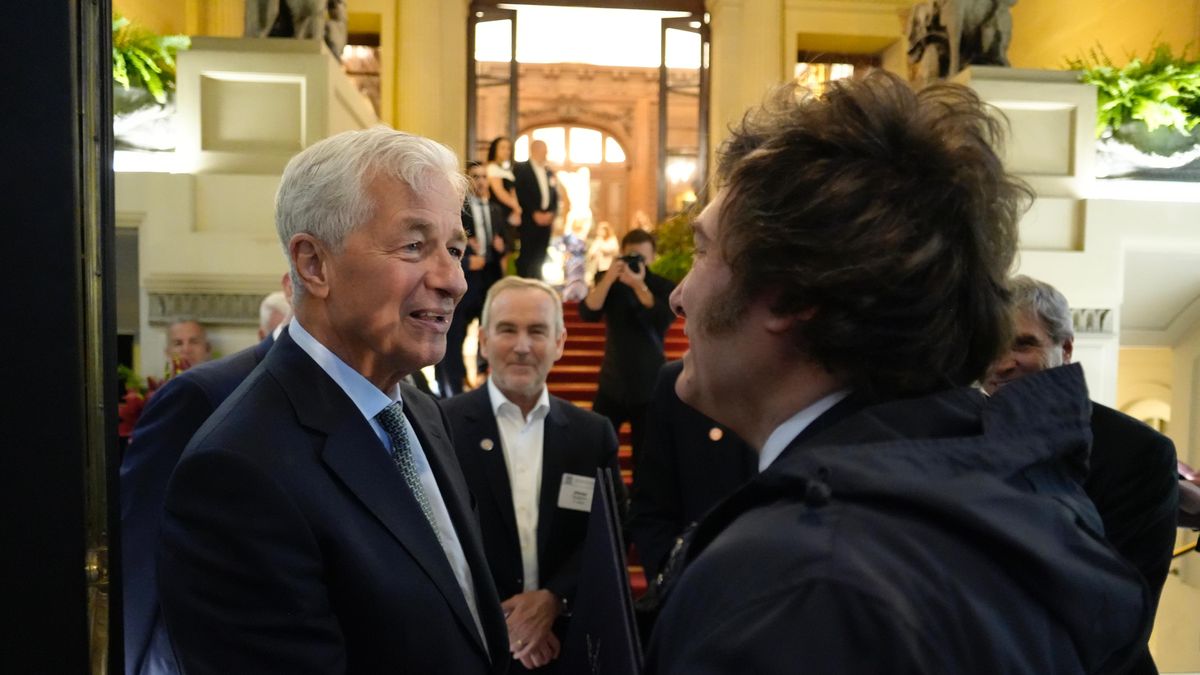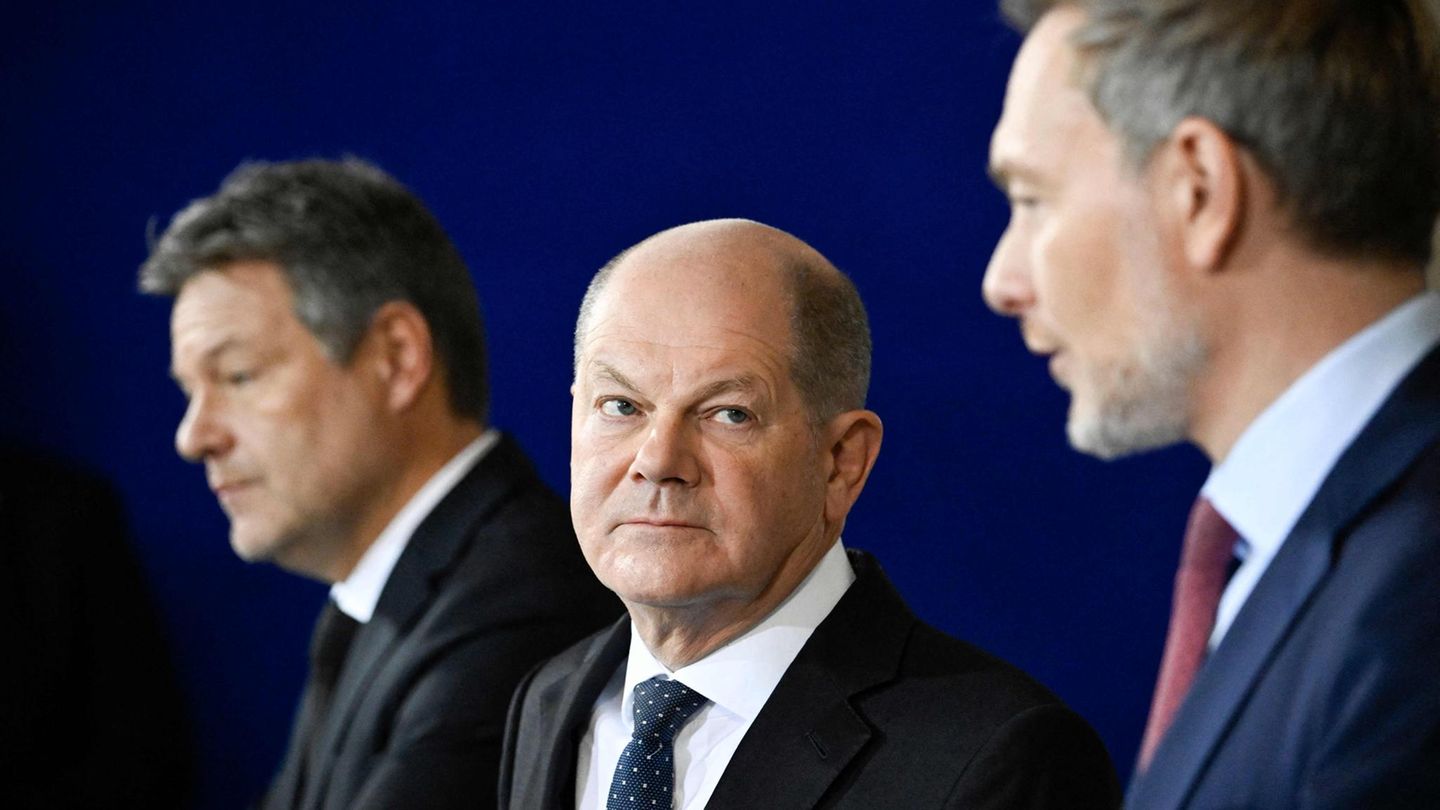I have been working in the news industry for over 6 years, first as a reporter and now as an editor. I have covered politics extensively, and my work has appeared in major newspapers and online news outlets around the world. In addition to my writing, I also contribute regularly to 24 Hours World.
Menu
Suddenly Christian Lindner is dictating the government’s course
Categories
Most Read
Despite ceasefire: Circles: Dead and injured in attack in the Gaza Strip
October 27, 2025
No Comments
Israel trip: Prien in Yad Vashem: every time shocking for me
October 27, 2025
No Comments
Domestic secret service turns 75: New opportunities for the protection of the constitution – espionage in focus
October 27, 2025
No Comments
Politics: US immigration authorities arrest British commentator
October 27, 2025
No Comments
Ukraine war: Zelensky expects peace plan from the Coalition of the Willing
October 27, 2025
No Comments
Latest Posts

Javier Milei’s triumph: to what area will the country’s risk go down and what “upside” do bonds have according to Wall Street
October 27, 2025
No Comments
He strong advance of La Libertad Avanza (LLA) in the legislative elections has transformed the Argentine political landscape into a immediate catalyst for markets. With

The blue dollar suffered its biggest daily fall in two weeks and pierced $1,470
October 27, 2025
No Comments
October 27, 2025 – 16:21 Get to know the blue dollar quotes, the official one, the MEP and the CCL. Depositphotos He blue dollar low

a message of peace and unity
October 27, 2025
No Comments
October 27, 2025 – 16:14 The trip will include ecumenical meetings, interreligious events and tributes in historical places. Vatican News He Pope Leo XIV will
24 Hours Worlds is a comprehensive source of instant world current affairs, offering up-to-the-minute coverage of breaking news and events from around the globe. With a team of experienced journalists and experts on hand 24/7.

